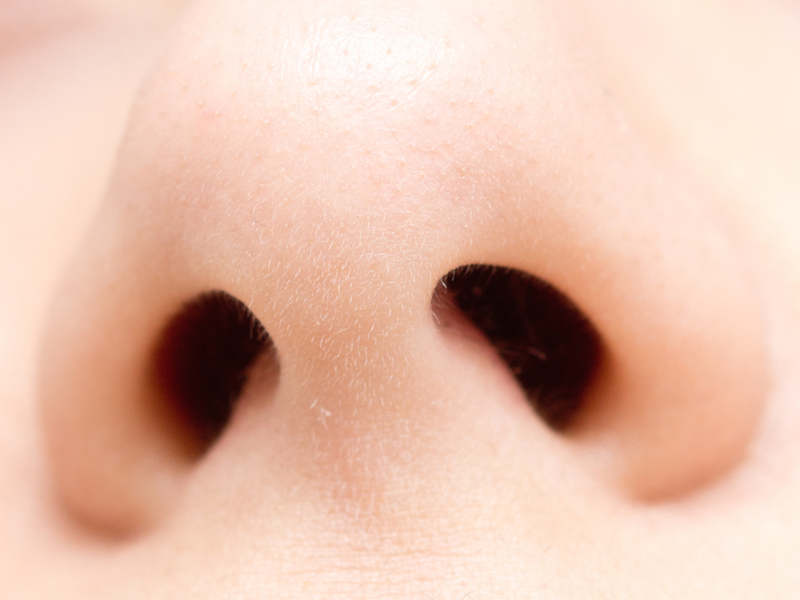What Your Nose Can Reveal About Your Emotions

From the sweet aroma of fresh-baked cookies making you feel warm inside to the subtle scent of flowers blooming in the spring perhaps leading to joyful feelings, your sense of smell has a strong bearing on your emotions.
That's because "there is a partial overlap between the areas in our brains which deal with olfactory perception and those which process emotions," Marilena Aiello, a cognitive neuroscience researcher at the International School for Advanced Studies in Italy and co-author of a new study from Italy looking at one of the links between scent and emotion, said in a statement.
But what happens to your sense of smell if you have trouble with emotions? [10 Things You Didn't Know About the Brain]
In the study, Aiello and her colleagues looked at how certain scents affected people who have a psychological condition known as alexithymia, which means that they have difficultly expressing their emotions. (In Greek, alexithymia means "no words for feelings," according to the study.) It's estimated that 1 in 10 people have the condition.
People with alexithymia have difficulty processing and relating to different emotions, such as joy, anger or disgust. Given the well-established link between smell and emotions, the researchers wanted to see whether alexithymia affected how people responded to different scents.
To do so, the researchers divided a group of 62 individuals into three groups according to the severity of alexithymia (high, medium and low). The participants were presented with smells — ranging from unpleasant odors to neutral scents to clean air — and asked to identify them. In addition, the researchers also evaluated the participants' threshold for detecting the different scents.
Next, the participants were asked to rate three different odor "categories": unpleasant, neutral and clean air, which represented the absence of odor. The participants rated the intensity, pleasantness and familiarity of each of the three odors. During this test, the researchers measured the participants' heart rate and skin conductance response, which is intended to gauge a person's level of arousal or excitement. This was to measure the participants' physical reactions to the scents, the researchers said in the statement.
Sign up for the Live Science daily newsletter now
Get the world’s most fascinating discoveries delivered straight to your inbox.
The people in the study also completed questionnaires that assessed their awareness of odors in their environment and ability to imagine different smells, according to the study.
The researchers found that individuals with medium-to-high levels of alexithymia showed a greater physiological response to the odors— their heart rates sped up and skin conductance increased — compared with individuals with low levels of alexithymia.
This finding goes against what previous studies have shown: Individuals with alexithymia often show little or no physiological response when provoked.
"The results obtained show that one of the characteristics of alexithymia is the altered physiological response to olfactory stimuli," the researchers said in the statement. "Contrary to what one might expect, this study shows how the physiological reactions of alexithymic individuals to emotions induced by smells are not less but rather more intense."
The finding"is a counterintuitive yet particularly significant scientific observation," the researchers said. "It is as if these subjects find themselves in a situation of perpetual, extreme activation in relation to their emotions, which appears to make them insensitive to changes in them."
Furthermore, the results of the study also revealed that participants with"cognitive alexithymia," which compromises the ability to identify, express and distinguish emotions, reacted differently to odors compared to thosewith "affective alexithymia," which hinders a person's sensations, imagination and creativity.
"We conclude that alexithymia is characterized by altered physiological reactions to olfactory stimuli; moreover, we stress the importance of evaluating the different alexithymia components since they affect emotional stimuli processing in different ways," the researchers said in the study,
The study was published Oct. 26 in the journal Scientific Reports.
Originally published on Live Science.










